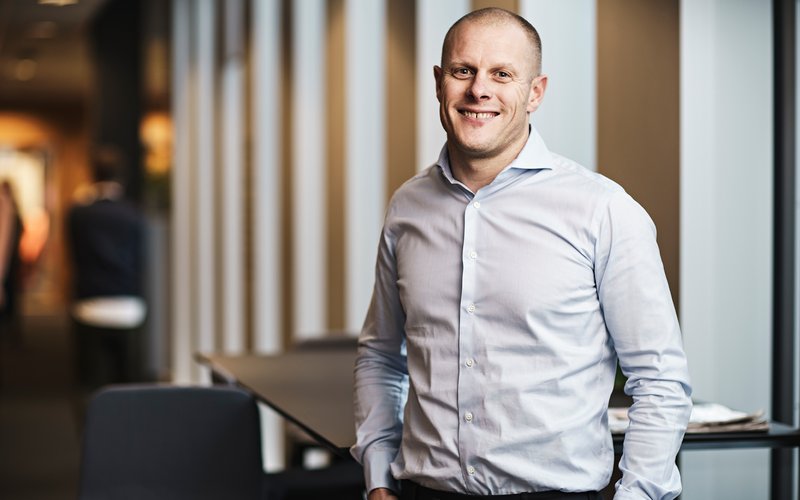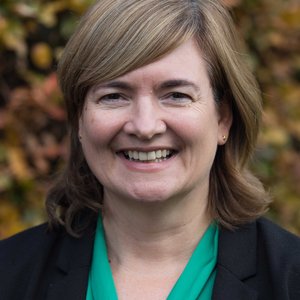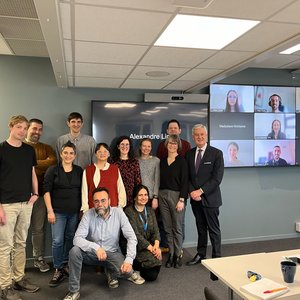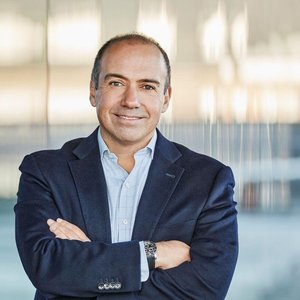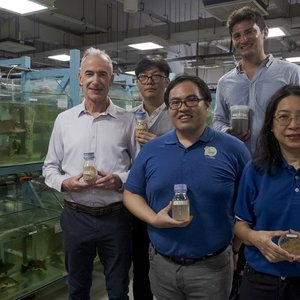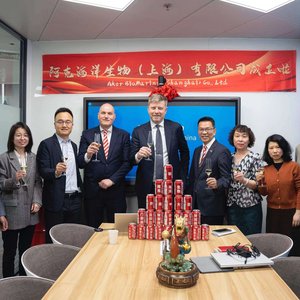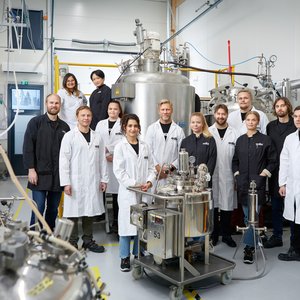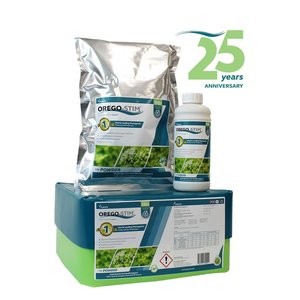Aker BioMarine recently decided to initiate a process to explore strategic alternatives for the Feed Ingredients business. Aquafeed.com talked with Matts Johansen, CEO of Aker BioMarine, about this and how the company has been performing in these challenging times at the North Atlantic Seafood Forum in Bergen.
“We have quite a large potential for growth in the animal feed business that requires capital. We have four fishing licenses that currently are not utilized and would like to. We also have a high demand generally for marine ingredients. It is a USD 200 million investment and we need capital to do it. We are looking for partners that can come in and develop this with us and expand to its full potential,” Johansen said.
Aker BioMarine catches 70% of krill in the world and the quota is set at 1% of the total biomass. “The industry takes 60% of that 1%, so there is 40% that is untouched in the area we fish today in South America. If we move to the east, there is an untouched quota that is 50% bigger than the one in South America. Therefore, still being within the 1%, you can expand this fishery many times. There is more capacity growth than what is needed right now,” Johansen stated.
Demand for krill-based products
When asked about how the animal feed business has been performing, Johansen said that it is in good shape with many efficiencies gained and optimizing its processes. Moreover, prices are increasing.
“We have been growing 25% per year in the past few years, so we are having a steady growth. We have USD 160 million in revenue and USD 50 million in EBITDA. The human market grew a bit more, almost 40% growth but coming for a couple of slow years. In the past three years, the animal business has been growing more than the human business.”
The current context of low supplies of fishmeal and fish oil has indirectly affected the demand for krill-based ingredients. “When the time comes to decide what products need to be taken out of recipes, our products are more expensive but they are still used due to the benefits they bring, such as extra growth, improved health with less mortality, and better quality. That is the main value and makes feed mills pay more for the product,” said Johansen. “We have a clear strategy to not become a commodity that goes up and down but rather long-term partnerships with customers and add value.”
The claims against the sustainability of krill fisheries have also not affected the demand for krill-based products, according to Johansen. “Krill fishery is the most sustainable in the world and if you need marine ingredients, this is the most sustainable source you can get. We catch 0.6% of the biomass in the area we catch. We have low CO2 emissions coming down with all the initiatives we do, so this is one of the best solutions you can have for a sustainable feed. There is a lot of noise driven more by perception than facts but the aquaculture industry sees through that and looks for facts.”
Sustainability
To ensure the sustainability of the krill fishery, the company has been working on different approaches. “We set the ambition before starting fishing that we want to be the most sustainable fishery in the world. Seventeen years ago, we started with a partnership with WWF that ended in becoming MSC certified,” Johansen said.
Another issue is that Aker BioMarine catches 70% of the krill in the world but if the other harvesters do not do it right, that would become the company’s problem. As a result, the Association of Responsible Krill Harvesting Companies (ARK) was created to get all the industry together to agree on implementing our sustainability initiatives.
Another recent initiative has been the partnership with Greenpeace to create marine protected areas in Antarctica and voluntarily doesn’t catch in those areas.
The last initiative that the company has been working on for the past few years is a “feedback management system” and has been able to get all the 26 nations that govern Antarctica to agree to implement it. “Now, we need to see when they will implement it,” Johansen said.
The initiative does quota setting based on real-time data. “All fisheries today are based on historical data and with global warming and things changing fast, most of this data can be outdated,” Johansen said.
“It is about building up machine learning modules, artificial intelligence, sourcing data and assessing in each moment and area what the biomass is. Then, you set the quota. We try to get that into the Antarctic Treaty and we have technology to build those modules,” Johansen said.
For the past five years, the company has also built up the organization Keep Ocean, an NGO that gathers all data from the ocean in one database. Drones that work autonomously in Antarctica collect data and feed it into the module. The company also feeds its own data into the module to ensure full transparency.
“We can do this because we have 70% of the fishery so we can make the investments and take the leadership and especially, show how it can be done to other fisheries. There is still a lot of work to do to ensure the module works correctly but we have taken the first steps in investments,” Johansen explained.
Emerging businesses
As part of its Emerging Businesses division, Aker BioMarine set up AION, a company that recycles waste and re-uses materials. The company has developed a pallet concept that takes plastic waste from the company to produce a pellet that goes again into the supply chain of those players. Currently, wood pallets that are used in the food industry have to be destroyed after one year. Sixty percent of all the trees that are cut go to make pallets.
“Last year, we grew 300% and we can double or triple in 2024 and as we enter 2025, we should break even,” Johansen said.
The company is also working on a second initiative which is protein for human consumption, a byproduct from the oil side of the business. The byproduct that results after taking the oil from krill is refined and incorporated as a powder into drinks and food products and supplements. The company already finalized a factory with a USD 30 million investment and is just launching it in the market. “This business has a low carbon footprint and much lower than whey protein that is made from milk with a higher carbon footprint. It has a clean label with no additives and no taste,” Johansen explained.
The company has also partnered with microalgae producer Corbion. “Corbion does the fermentation and Aker BioMarine does the refining at its factory and commercializes the omega-3s for the human market,” said Johansen.


